Jay Shetty Book Recommendations
Jay Shetty is a renowned storyteller, podcaster, and former monk known for his insightful wisdom and profound teachings on mindfulness and personal development. Born in London, Jay pursued a successful career in corporate finance before embarking on a journey to India to study as a monk. His transformative experiences led him to share his learnings through social media platforms, where he has amassed millions of followers. Jay is celebrated for his bestselling books such as 'Think Like a Monk,' which offer practical guidance on living a purposeful life. With his unique blend of ancient wisdom and modern insights, Jay Shetty continues to inspire readers to cultivate mindfulness and find fulfillment in their lives.
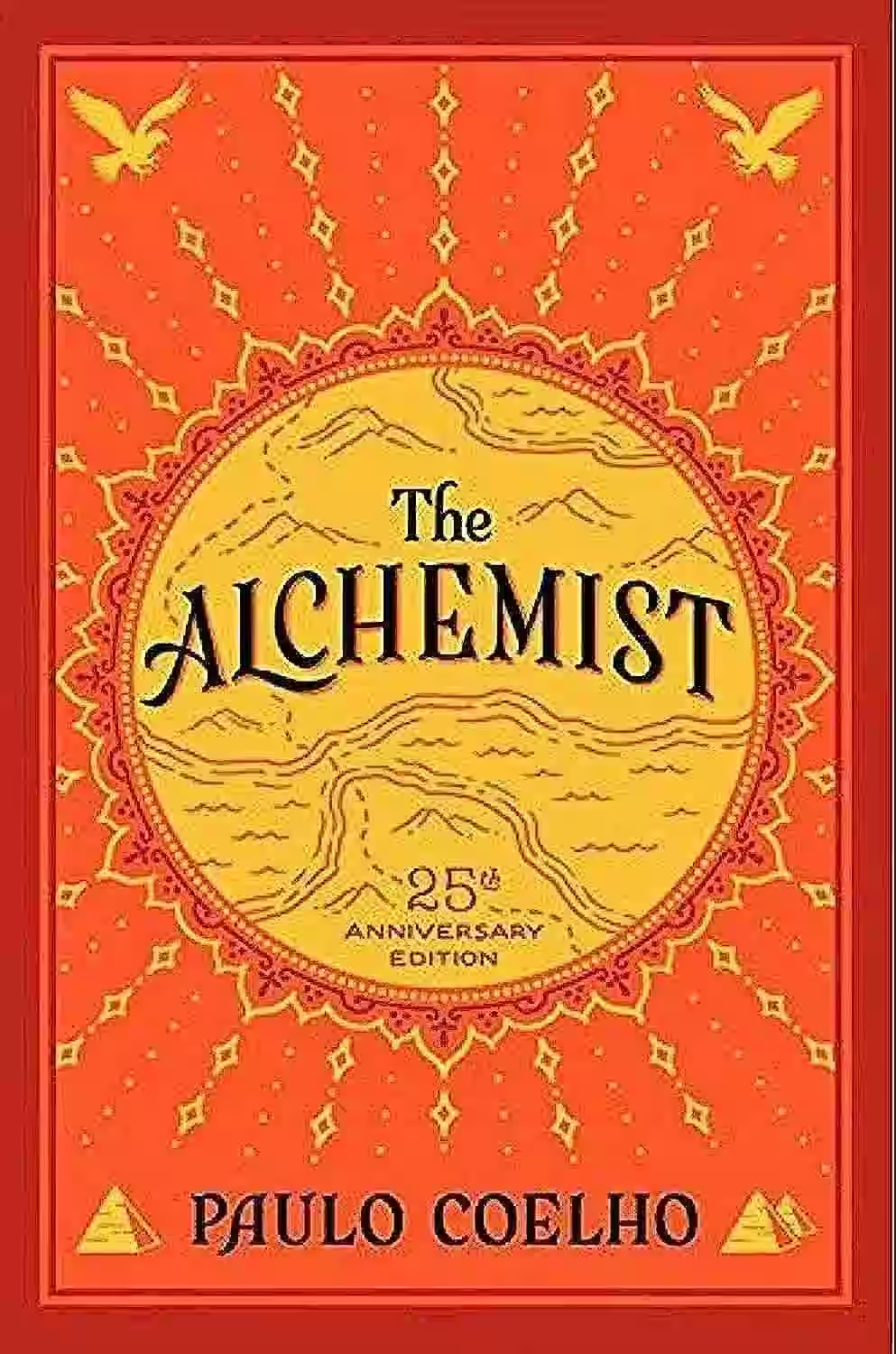
The Alchemist by Paulo Coelho is a philosophical novel that follows the journey of Santiago, a young Andalusian shepherd who dreams of discovering a hidden treasure near the Egyptian pyramids. Guided by mysterious omens and encounters with symbolic characters like a king, an alchemist, and a desert woman named Fatima, Santiago learns that the true treasure lies in the pursuit of one’s “Personal Legend.” Blending mysticism, spiritual wisdom, and simple storytelling, Coelho’s novel inspires readers to listen to their hearts, follow their dreams, and trust the journey. It’s a timeless fable about purpose, destiny, and the transformative power of faith.
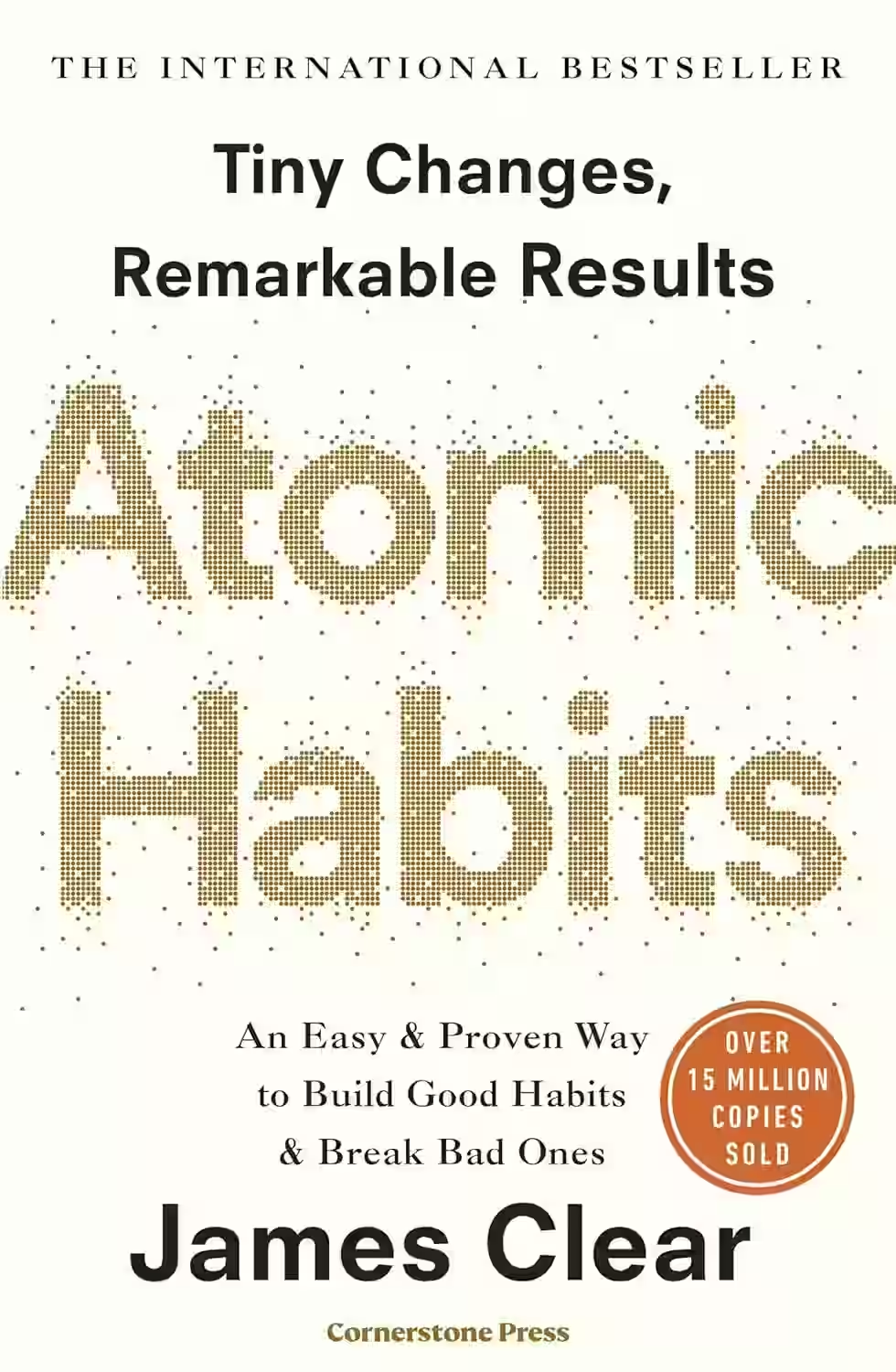
In Atomic Habits, James Clear reveals how small, consistent actions can lead to life-changing results. Contrary to the belief that big change requires big effort, Clear shows that success is built through the compound effect of tiny habits—like doing two push-ups or waking up five minutes earlier. Drawing on cutting-edge psychology and neuroscience, he explains powerful techniques like Habit Stacking, the Two-Minute Rule, and the Goldilocks Zone. Through real-life stories of Olympians, CEOs, and scientists, Clear illustrates how these simple strategies foster lasting change. Practical, inspiring, and deeply insightful, this book is a blueprint for transforming your life—one habit at a time.
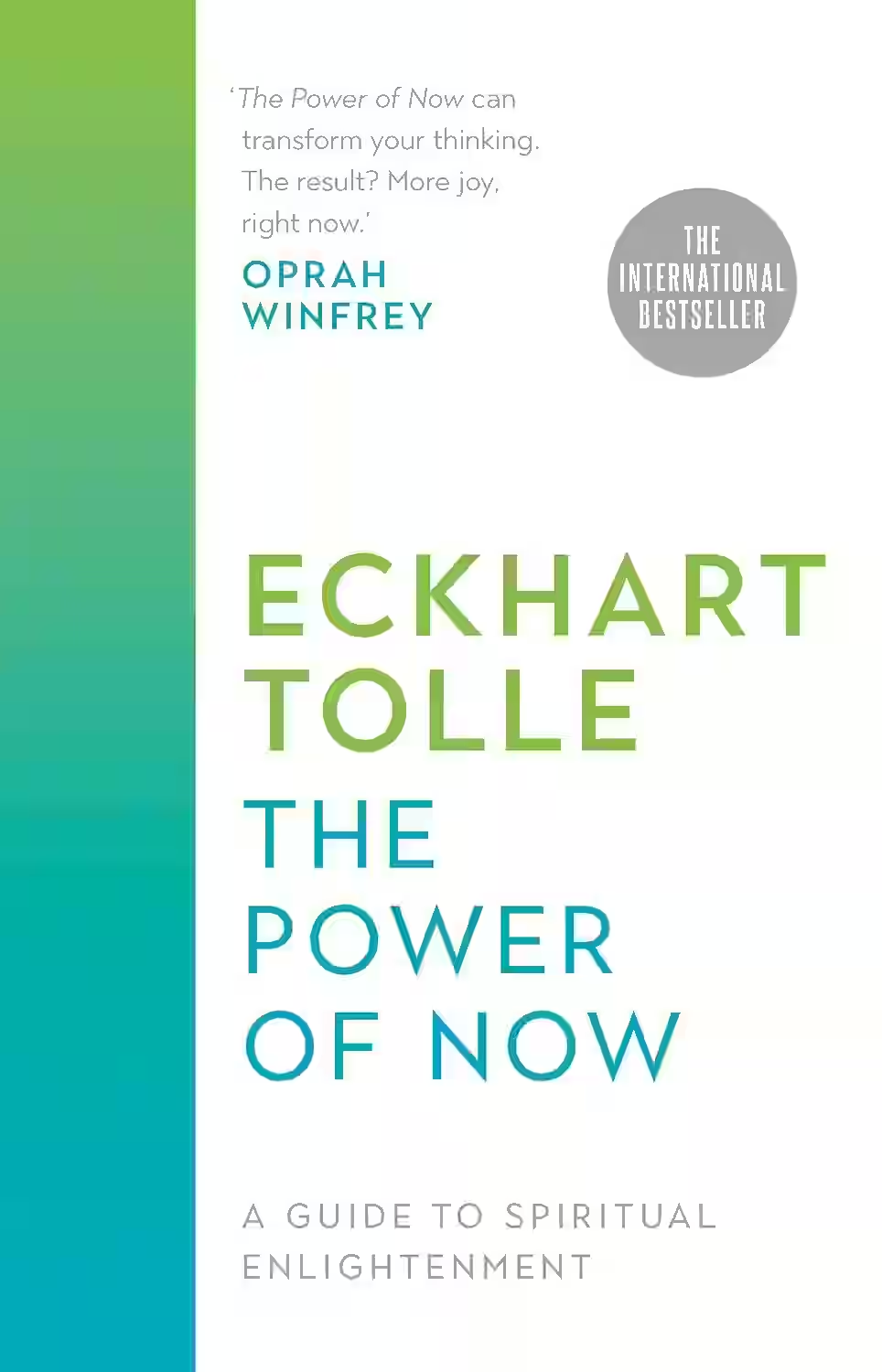
THE POWER OF NOW is the phenomenal bestselling self-help book of its generation - for spiritual followers of the Dalai Lama and Deepak Chopra, Eckhart Tolle demonstrates how to live a healthier and happier life by living in the present moment. To make the journey into THE POWER OF NOW we need to leave our analytical mind and its false created self, the ego, behind. Although the journey is challenging, Eckhart Tolle offers simple language and a question-and-answer format to guide us. Surrender to the present moment, where problems do not exist. It is here we find our joy, are able to embrace our true selves and discover that we are already complete and perfect. If we are able to be fully present and take each step in the 'now' we will be opening ourselves to the transforming experience of The Power of Now.
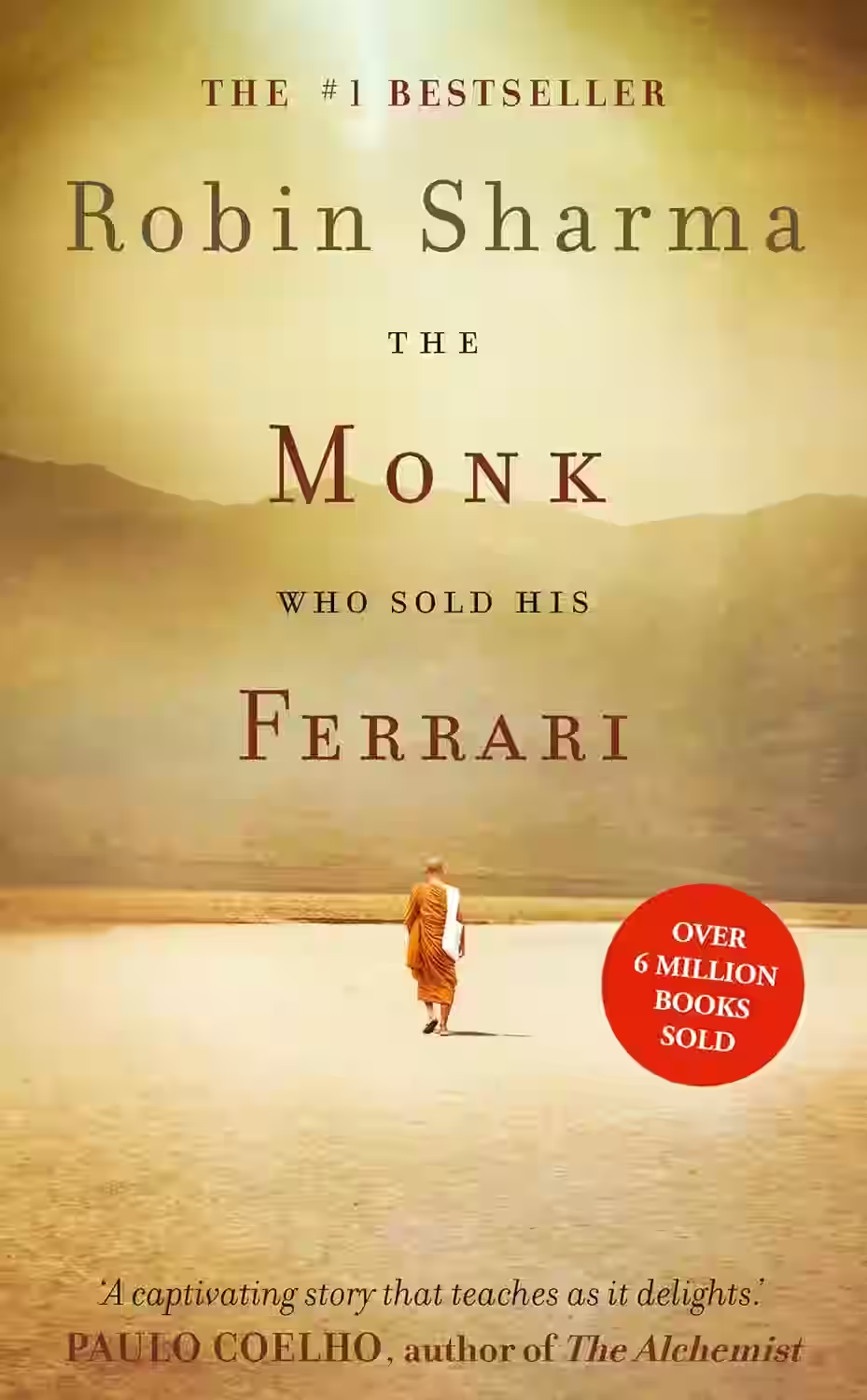
This inspiring tale provides a step-by-step approach to living with greater courage, balance, abundance, and joy. A wonderfully crafted fable, The Monk Who Sold His Ferrari tells the extraordinary story of Julian Mantle, a lawyer forced to confront the spiritual crisis of his out-of-balance life. On a life-changing odyssey to an ancient culture, he discovers powerful, wise, and practical lessons that teach us to:
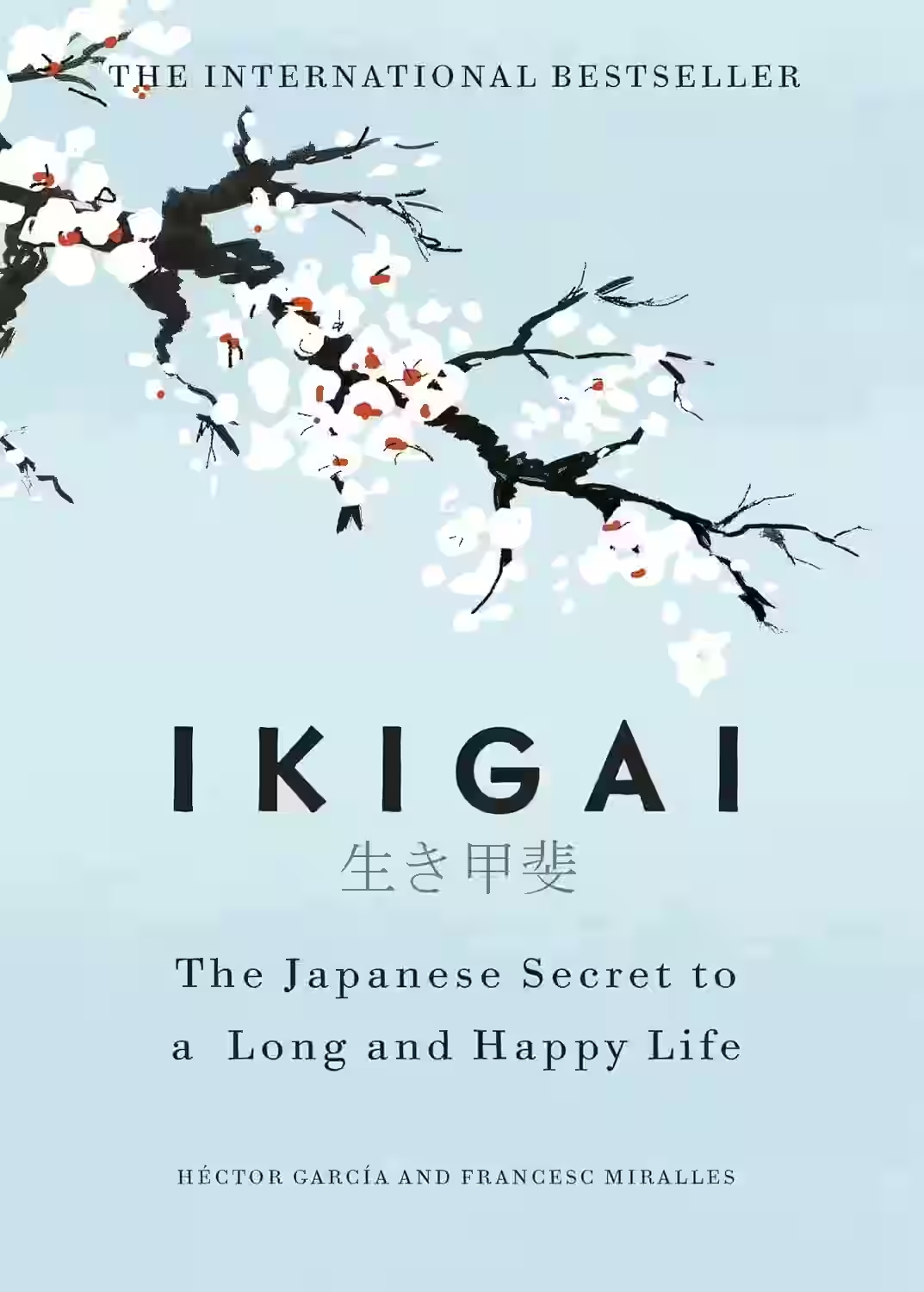
Ikigai, by Héctor García and Francesc Miralles, explores the Japanese concept of "ikigai"—a reason for being. Based on interviews with residents of Okinawa, one of the world’s longest-living populations, the book combines insights from Japanese philosophy, lifestyle, and longevity research. It offers practical advice on staying active, finding purpose, nurturing community ties, and living mindfully. Blending cultural wisdom with modern science, Ikigai serves as a gentle guide to living a more fulfilling and meaningful life.
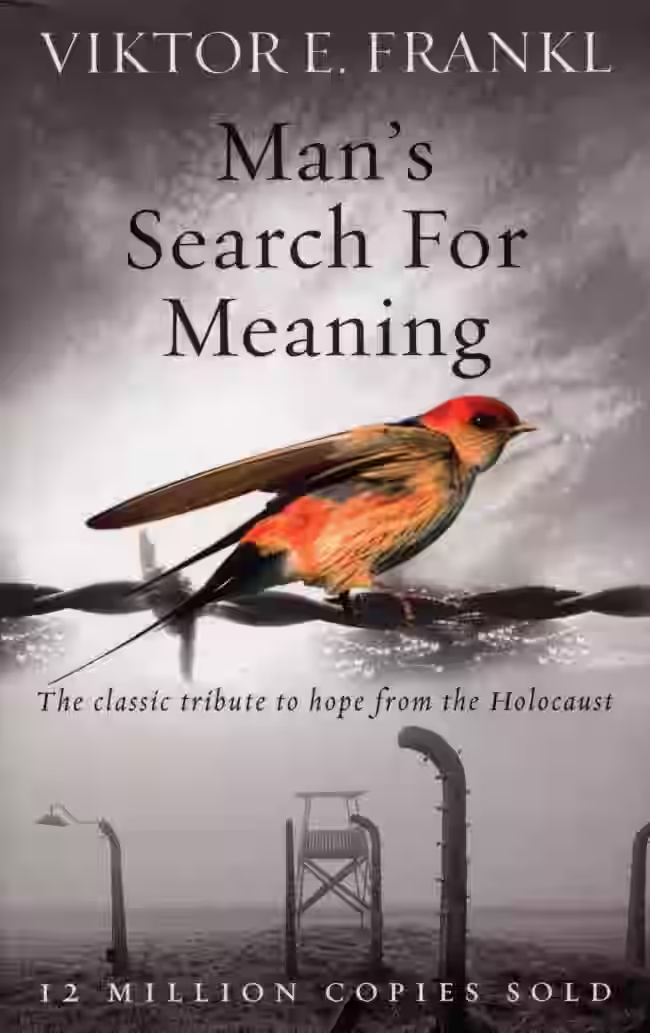
In this profound memoir and psychological exploration, Holocaust survivor Viktor Frankl shares his harrowing experiences in Nazi concentration camps and the insights he gained. Central to the book is Frankl’s belief that even in the most inhumane conditions, individuals can endure by finding meaning in their suffering. He introduces logotherapy, his psychotherapeutic method focused on the pursuit of meaning as a primary human drive. Frankl’s reflections blend personal resilience with deep philosophical and spiritual questions, making the book a timeless meditation on hope, purpose, and the human capacity to transcend hardship in search of something greater.